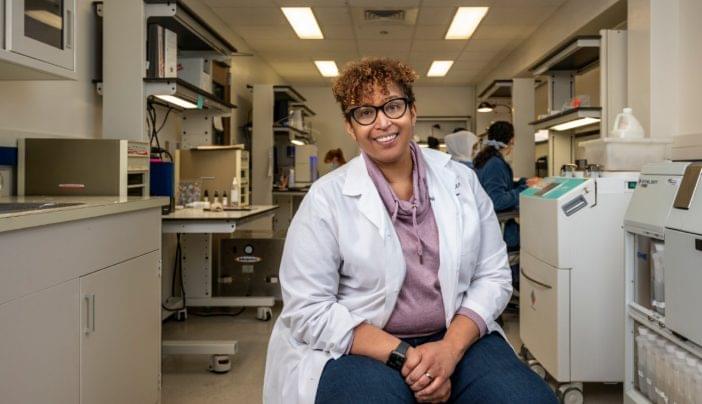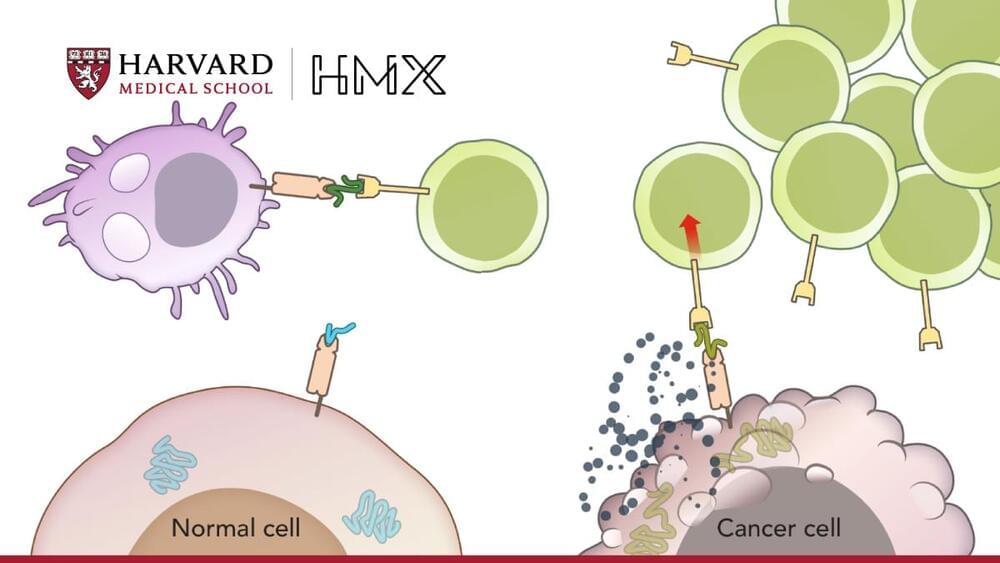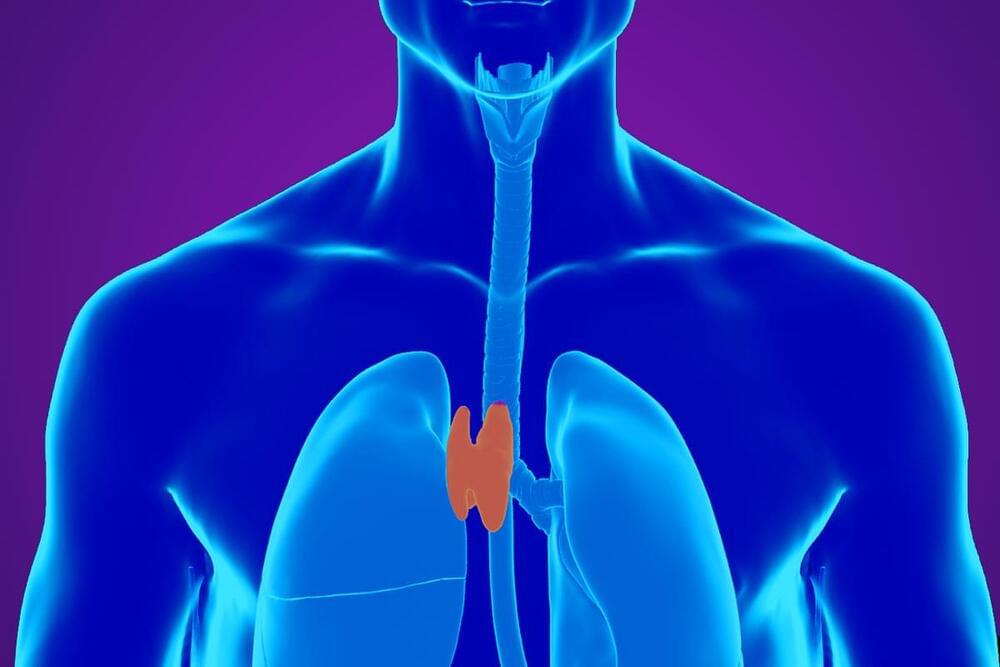Jul 7, 2023
New index could help measure risk for preterm birth
Posted by Shubham Ghosh Roy in category: biotech/medical
A new index that takes neighborhood and community conditions into consideration could be a useful measure for identifying preterm birth risk, a study published in JAMA Network Open found.
“We’re looking at outcomes at the county level or exposures at the county level,” Sara C. Handley, MD, MSCE, an attending neonatologist at The Children’s Hospital of Philadelphia and instructor of pediatrics at the University of Pennsylvania Perelman School of Medicine, told Healio.
“So, what was the maternal vulnerability in each U.S. county, and then what were the rates of preterm birth in those counties? We looked at different types of vulnerabilities that were developed through the Maternal Vulnerability Index, and also the type of severity of preterm birth,” Handley explained.


















